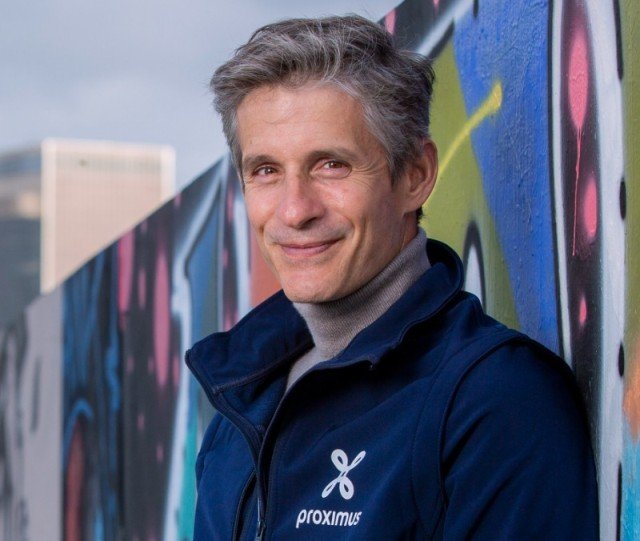Proximus, a leading telecom operator in Belgium, has revealed its capital expenditure (Capex) and subscriber growth in 2024.

In 2024, Proximus Group’s total Capex reached EUR 1,355 million, slightly up from EUR 1,329 million in 2023, excluding spectrum and football broadcasting rights.
The Domestic segment saw an increase in Capex mainly due to the consolidation of Fiberklaar, which is expanding fiber in mid-dense areas of Flanders. Proximus’ standalone fiber deployment in densely populated areas has moved beyond its peak, while overall fiber-related investments, including customer connections, remained steady at 29 percent of total Capex.
By the end of 2024, fiber was being deployed in 171 cities and municipalities, with 2,224,000 premises covered, representing over 37 percent population coverage. The fiber footprint, including “fiber in the street,” extended to 42 percent. Mobile network consolidation with Orange Belgium, managed by joint-operation Mwingz, also continued, with Capex aligned to the pace of mobile site integration.
“Drivers of our success remain our multi-brand approach, which increasingly proves its strategic value, combined with network superiority. Our mobile network provides 5G indoor coverage to close to 70 percent of Belgium’s population,” Guillaume Boutin, Chief Executive Officer of Proximus Group, said in its earnings report.
Subscriber growth
Proximus’ Domestic segment recorded strong customer growth in Q4 2024, adding 30,000 Mobile Postpaid customers, including 27,000 in the Residential unit. The fiber footprint reached 2,224,000 premises by the end of December, driving solid Internet base growth of 14,000 net adds.
Convergent offers expanded by 14,000 customers, bringing the total to 1,172,000, a 5.3 percent year-on-year increase. Active Residential and Business Fiber lines totaled 564,000, with 45,000 net additions in Q4. However, TV and Fixed Voice subscriptions continued to decline, down by 7,000 and 40,000, respectively.
Capex in 2025
In 2025, Proximus expects to maintain high investment levels in fiber deployment and customer connections, with Capex projected at around EUR 1.3 billion, excluding football broadcasting and spectrum rights. The company aims to sustain Free Cash Flow (FCF) stability on an organic basis, despite continued heavy investments.
Proximus plans to generate over EUR 500 million by 2027 from selling non-core assets to support its investment cycle. The closure of announced transactions by the end of 2024 is set to deliver EUR 238 million in proceeds over the first two months of 2025, while the sale of the Proximus headquarters is in its final stages.
Baburajan Kizhakedath
